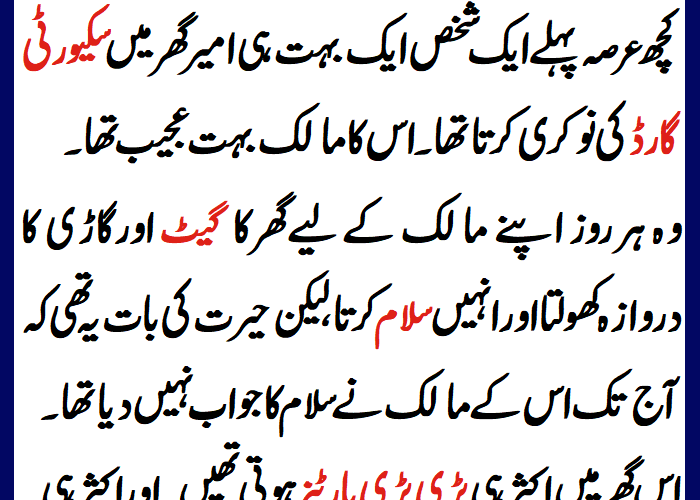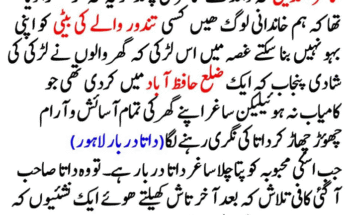Obsessive-Compulsive Disorder (OCD) is a mental health condition characterized by intrusive, unwanted thoughts (obsessions) and repetitive behaviors or mental acts (compulsions) aimed at reducing anxiety or distress. OCD can significantly impact daily functioning and quality of life, but effective treatments such as therapy can help manage symptoms and improve overall well-being. In this article, we’ll explore various therapy options for OCD and discuss the best therapy approaches for managing this challenging condition.
Understanding OCD Therapy
What is OCD therapy?
OCD therapy, also known as psychotherapy or counseling, involves working with a mental health professional to address the underlying causes of OCD symptoms and develop coping strategies for managing obsessions and compulsions. Therapy can be an essential component of OCD treatment, either as a standalone intervention or in combination with medication.
Types of Therapy for OCD
Several types of therapy have been shown to be effective in treating OCD, including:
- Cognitive Behavioral Therapy (CBT): CBT is the most widely studied and recommended form of therapy for OCD. It focuses on identifying and challenging irrational thoughts and beliefs (cognitive restructuring) and gradually exposing individuals to feared situations or objects (exposure therapy) while refraining from engaging in compulsive behaviors. CBT for OCD often incorporates techniques such as exposure and response prevention (ERP), which involves exposing individuals to feared stimuli or situations and preventing the associated compulsive behaviors.
- Exposure and Response Prevention (ERP): ERP is a specific type of CBT that is highly effective for treating OCD. It involves systematically exposing individuals to situations, objects, or thoughts that trigger obsessions (exposure) while preventing them from engaging in compulsive behaviors (response prevention). Through repeated exposure to feared stimuli without engaging in compulsions, individuals can learn to tolerate anxiety and reduce the intensity of obsessions over time.
 Advertisements
Advertisements

- Acceptance and Commitment Therapy (ACT): ACT is a mindfulness-based therapy that focuses on accepting difficult thoughts and feelings rather than trying to control or eliminate them. In the context of OCD, ACT helps individuals develop greater psychological flexibility and willingness to experience discomfort while engaging in values-based actions. ACT techniques may be particularly beneficial for individuals who struggle with acceptance of uncertainty or who experience significant distress from OCD-related thoughts.
- Mindfulness-Based Cognitive Therapy (MBCT): MBCT combines elements of CBT with mindfulness practices to help individuals become more aware of their thoughts and feelings without judgment. By cultivating mindfulness skills, individuals with OCD can develop greater insight into their obsessions and compulsions, reduce reactivity to distressing thoughts, and improve emotional regulation.
Best Therapy for OCD
Cognitive Behavioral Therapy (CBT) with Exposure and Response Prevention (ERP)
CBT with ERP is considered the gold standard and best therapy approach for OCD. Numerous research studies have demonstrated its effectiveness in reducing OCD symptoms, improving overall functioning, and preventing symptom relapse. By targeting both obsessive thoughts and compulsive behaviors, CBT with ERP helps individuals confront their fears, develop healthier coping mechanisms, and regain control over their lives.
Conclusion
OCD therapy plays a crucial role in the treatment of Obsessive-Compulsive Disorder, offering individuals the opportunity to challenge irrational beliefs, confront feared situations, and develop effective coping strategies for managing symptoms. While several therapy approaches have shown promise in treating OCD, Cognitive Behavioral Therapy (CBT) with Exposure and Response Prevention (ERP) remains the most effective and widely recommended option for individuals seeking relief from OCD symptoms and improved quality of life.
Frequently Asked Questions (FAQs)
- How long does OCD therapy take to work? The duration of OCD therapy can vary depending on individual factors such as the severity of symptoms, treatment adherence, and personal goals. While some individuals may experience significant improvement within a few months of starting therapy, others may require longer-term treatment to achieve lasting results.
- Is medication necessary for treating OCD, or can therapy alone be effective? While therapy alone can be effective for managing OCD symptoms, some individuals may benefit from combining therapy with medication, particularly in cases of moderate to severe OCD. Antidepressant medications such as selective serotonin reuptake inhibitors (SSRIs) are commonly prescribed to help reduce anxiety and obsessions in conjunction with therapy.
- Are there any self-help strategies or resources for managing OCD symptoms? Yes, there are several self-help strategies and resources available for individuals with OCD, including self-help books, online support groups, and mobile apps designed to provide guidance, encouragement, and practical tools for managing OCD symptoms. However, it’s essential to consult with a qualified mental health professional for personalized treatment recommendations and support.




